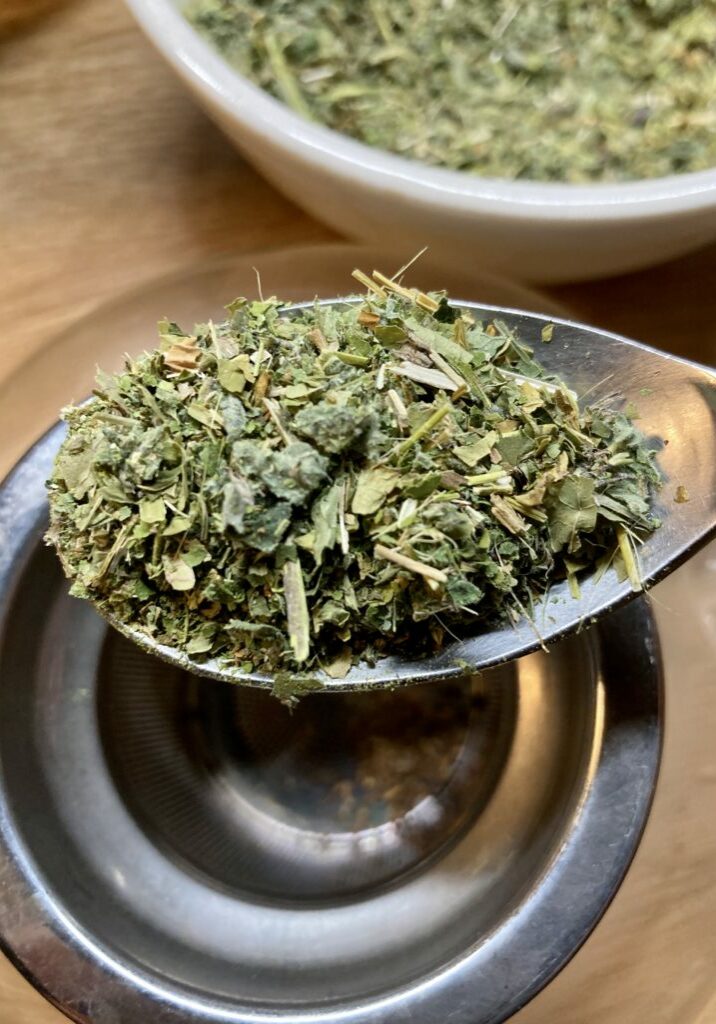Grief is a powerful thing. It is terrible, but necessary. Grief is a mix of many large emotions, and it is a state that we each experience in different ways. It is inescapable – we will each of us grieve at some point in our lives. Grief is the river of tears that carries us…

Grief is a powerful thing.
It is terrible, but necessary. Grief is a mix of many large emotions, and it is a state that we each experience in different ways. It is inescapable – we will each of us grieve at some point in our lives.
Grief is the river of tears that carries us through loss, through change, through the deep and difficult moments. It is easy to drown in such a powerful river if we can’t keep our heads above the water, and so grief is feared by most. Trying to hide from it, squash it down, pretend it doesn’t exist, and run from it can cause physical repercussions. Facing the grief and going through it consciously is encouraged. It can help to dive into the river and go with the flow and see where it carries us.
If the grief being experienced is too tempestuous, there are lifelines and rafts to cling onto. Friends, family, self-care practice, and herbal allies are some of the options I choose. In those moments, I go to motherwort. She is the iron spine that carries us through, the big arms to climb into, and a powerful part of my favorite herbal blends to help deal with sorrow.
The latin name for motherwort is Leonurus cardiaca, and she has also been known as Lion’s Tail. This lion heart mother makes me think of Kali instead of Parvati…Oya instead of Oshun. She is a strong mother with a protective arm, but she also doesn’t stand for any bullshit!
Motherwort is spiky, although her little pinky-purple flowers hide her claws well. The first time you grab Motherwort unaware, she will command your attention with those sharp bits! In this way, she claims respect from those harvesting her, using her, and dancing with her.
Motherwort is a perennial, and she self-sows from her flowers. Let her thrive, don’t over-harvest, and she’ll reappear in early spring. Her flowering peaks sometime between June-August, depending on your zone.
She may be part of the mint family, but motherwort is certainly more bitter and serious than her kin, the airy, refreshing peppermint or the green glowing catnip.
I encourage motherwort medicine for people when there is old grief left unpurged, stress never relieved. It takes a scalpel to dig in and uncover those festering emotional wounds, so yes, there is some sharpness…but after the sting is the release, the healing, the hug that holds you while you recover and move forward.
A Summary of Motherwort: sweet mother, loving intentions, good for nerves, calming palpitations, mild sedative, balances severe emotional swings due to stress, shock, and sorrow, directly invigorates uterine tissue, good for trauma recovery, good for pregnancy and post-partum depression, Ah, she holds you close to her bosom while you cry. She also nurtures you with Vitamin A, serves as a uterine tonic, regulates menstruation, and eases gas and cramping pains.
My other posts/products/recipes with Motherwort:
Herbal Reference/Resources to learn more about Motherwort:
- Get seeds or live plants from Richters Herbs
- Herbal Academy: Motherwort- the plant world’s mama bear
- A Modern Herbal (Botanical.com): Motherwort
- Herbal Academy: Motherwort through history
- Green Man Ramblings: Quick Notes on Herbs for Grief and Fear
Image credit: x1klima, Girl & Grief
Get updates from Pixie's Pocket: brewing and herbs in your inbox:
Posted In "Let's Talk About" Series, Herbalism
Tagged: depression lies, grief, herbal education, herbalism, motherwort, remedy, sister health, women's health
Amber Shehan
Hi! I'm Amber Pixie, and this is my site. Enjoy the recipes, information, posts, and please feel free to message me if you have questions!






How would you recommend her for grief? As moxa? Tea?
Tea or tincture are the most common ways with which I am familiar. I hadn’t considered moxa, but I bet that might be quite lovely and effective! I also have infused her in honey for a sweet healing experience. <3